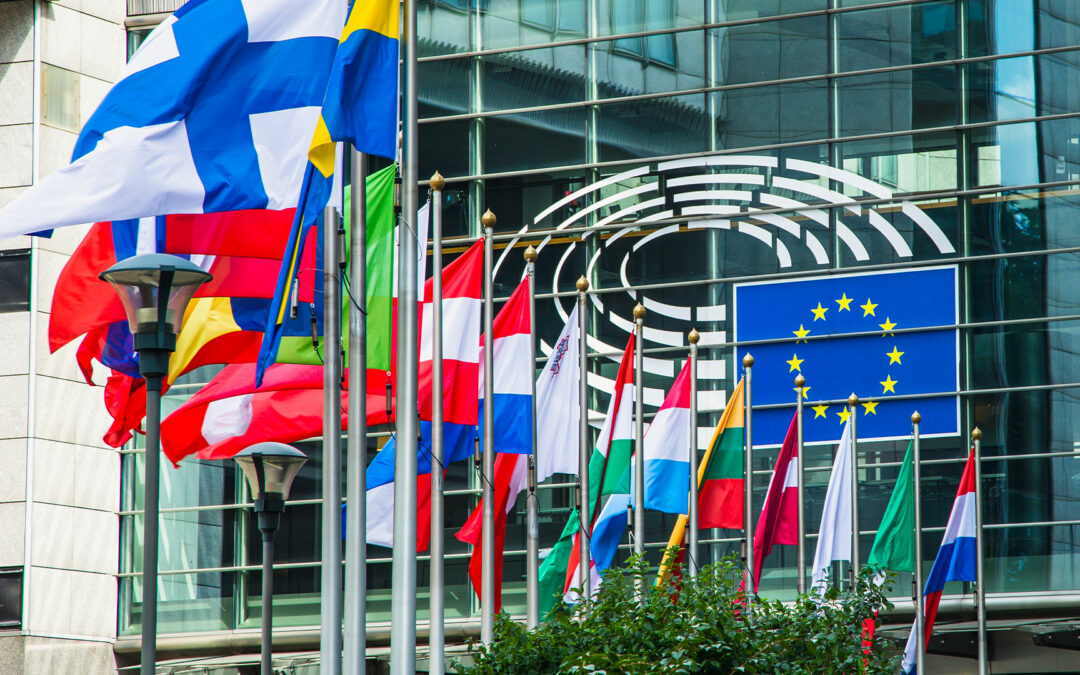In the evolving landscape of international relations, the concept of Tech-Diplomacy is gaining prominence as nations strategically engage with technological stakeholders to achieve diplomatic objectives. This emerging field, highlighted in the paper by Itzhak Mashiah, underscores the significance of utilizing high-tech rhetoric to project a nation’s image on the global stage.
Understanding Tech-Diplomacy
Tech-Diplomacy is defined as the intersection between diplomacy and technology, wherein a nation fosters relationships and dialogues between its public sector and the private technology industry. As Mashiah points out, this practice is not limited to fostering these relationships domestically but also involves projecting a nation’s technological prowess internationally. The strategic objective is to bolster the nation’s reputation by showcasing its technological advancements and innovation capabilities. This is achieved through a multidimensional approach, encompassing innovation narratives, promotion of tech companies, highlighting tech entrepreneurs, and the strategic discussion of tech products.
The Role of High-Tech in Diplomatic Discourse
The emphasis on high-tech within diplomatic discourse is particularly significant. According to Mashiah, the high-tech industry is characterized by a high concentration of STEM occupations and a dynamic workforce that influences global socio-economic landscapes. This industry’s contributions go beyond economic benefits, impacting education, culture, and, crucially, international diplomacy. Countries can leverage these attributes to position themselves as leaders in innovation and technology, thus influencing global perceptions and diplomatic relations.
Strategic Communication: A Multilayered Approach
Mashiah’s paper outlines four key components through which nations can employ high-tech rhetoric to enhance their diplomatic stance:
- Innovation Ideas: Nations can strategically incorporate terminology related to technology, science, and R&D into global public campaigns. This approach capitalizes on the positive perception of technological innovation in society, positioning the nation as a forward-thinking entity capable of addressing global challenges.
- Tech Companies: By showcasing a vibrant tech ecosystem, nations can promote the achievements of their tech companies as a reflection of their innovation potential. This narrative not only elevates the national image but also attracts investment and partnerships. However, as Mashiah cautions, close associations with specific companies can lead to diplomatic challenges if those entities encounter controversies.
- Tech Entrepreneurs: Entrepreneurs act as de facto ambassadors for their countries. Their participation in global forums can significantly enhance the nation’s image. Mashiah suggests that governments should actively engage these individuals, leveraging their international presence to promote national interests.
- Tech Products: Highlighting groundbreaking tech products developed within a country serves as a potent storytelling tool. This approach positions the nation as a hub of innovation, emphasizing its contributions to global technological advancements.
Challenges and Considerations
While Tech-Diplomacy offers a powerful tool for national reputation management, Mashiah notes the potential pitfalls. The association of national identity with specific tech entities or individuals can backfire if these entities face crises. Therefore, nations must carefully balance their narratives to mitigate risks while maximizing the benefits of tech-driven diplomatic strategies.
Conclusion and Future Research
Mashiah’s exploration of Tech-Diplomacy provides a robust framework for understanding how nations can utilize high-tech rhetoric for diplomatic purposes. As the field evolves, future research could investigate the specific strategies employed by different countries, exploring the effectiveness of these approaches in various geopolitical contexts. Understanding public perceptions of these diplomatic messages could also offer valuable insights into the broader impact of Tech-Diplomacy on international relations.
The strategic integration of technological narratives into diplomatic discourse represents a sophisticated tool for nations seeking to enhance their global standing. As such, Tech-Diplomacy is poised to become a critical component of 21st-century diplomacy, aligning national technological achievements with broader diplomatic goals.
References:
Mashiah, Itzhak. (2023). “Tech-Diplomacy: High-Tech Driven Rhetoric to Shape National Reputation.” E-International Relations.

